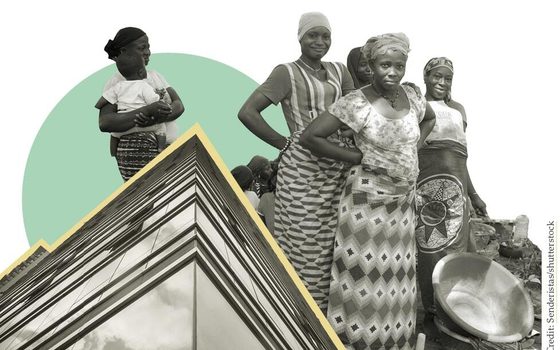G20 has failed to tackle inequality and deliver economic justice, independent assessment finds
As G20 approaches its 20th summit, international group of thinktanks warns it needs to do more than fight fires, and reform broken international system
10 November 2025
The G20 has consistently failed to tackle the systemic inequalities driving rising debt, climate breakdown and worsening economic insecurity since it was elevated to a leaders’ forum in 2008, a major new independent assessment has found.
As leaders from around the world prepare to meet in South Africa later this month, [November] a new report sets out how the forum that brings together the world’s most powerful economies must do more to address the crises shaping everyday lives.
The report, The G20 at a crossroads, finds that while the G20 has responded effectively to crises which threaten financial markets, its flagship goal of “strong, sustainable, balanced and inclusive growth” has not been realised. Instead, the forum has overseen nearly two decades of widening inequities, faltering multilateralism, and lost opportunities to build a more resilient and just global economy.
It warns that although G20 countries account for 85% of global GDP, its legitimacy is being challenged, with most countries across the world outside the room and decisions dominated by the richest G7 countries.
However, a run of four Global South presidencies since 2022 – Indonesia, India, Brazil and South Africa – has shown that priorities can be shifted. These governments have pushed energy transition finance, digital inclusion, taxing extreme wealth, and valuing care work.
Lead author Fernanda Balata, associate fellow at the New Economics Foundation, said:
“Wherever we live, we all want the same things — a secure place to live, a healthy environment, the ability to care for our loved ones and the chance to plan for our future.
“G20 leaders have the power to make that possible for billions of people, but for the last nearly two decades, it has protected markets and the interest of elites, instead of people and planet.
“The Global South presidencies have shown that change is possible. But the G20 must redefine what constitutes global crises and act on the emergencies of our age: climate and ecological breakdown, precarious work, disinformation, forced migration and the structural dominance of private capital and wealth in our economies. If it fails to treat these major threats to global security with the same urgency as it addresses financial crises it will lose the world’s trust, and we will all lose out.”
“We’re releasing this report at a time when the collapse of multilateralism threatens to exacerbate the extreme inequalities that are fuelling authoritarianism and xenophobia,” said report co-author Sarah Anderson of the US-based Institute for Policy Studies.
“With all its faults, the G20 offers a rare space for high-level, face-to-face dialogue. Leaders should take advantage of this opportunity for coordinated action to build a global economy where everyone can thrive.”
ENDS
Contact
James Rush – james.rush@neweconomics.org
Note
This report is the result of an international collaboration between the New Economics Foundation (UK), the Institute for Economic Justice (South Africa), the Institute for Policy Studies (US), Transforma (Brazil), and international NGO the Center for Economic and Social Rights (CESR). It brings together research, analysis, and advocacy expertise from across regions, reflecting a shared commitment to building a fairer and more sustainable global economy.
The full report will be available to read here.
Topics Inequality






